Home>Others>Eco-Friendly Products>How To Start A Compost Bin In An Apartment
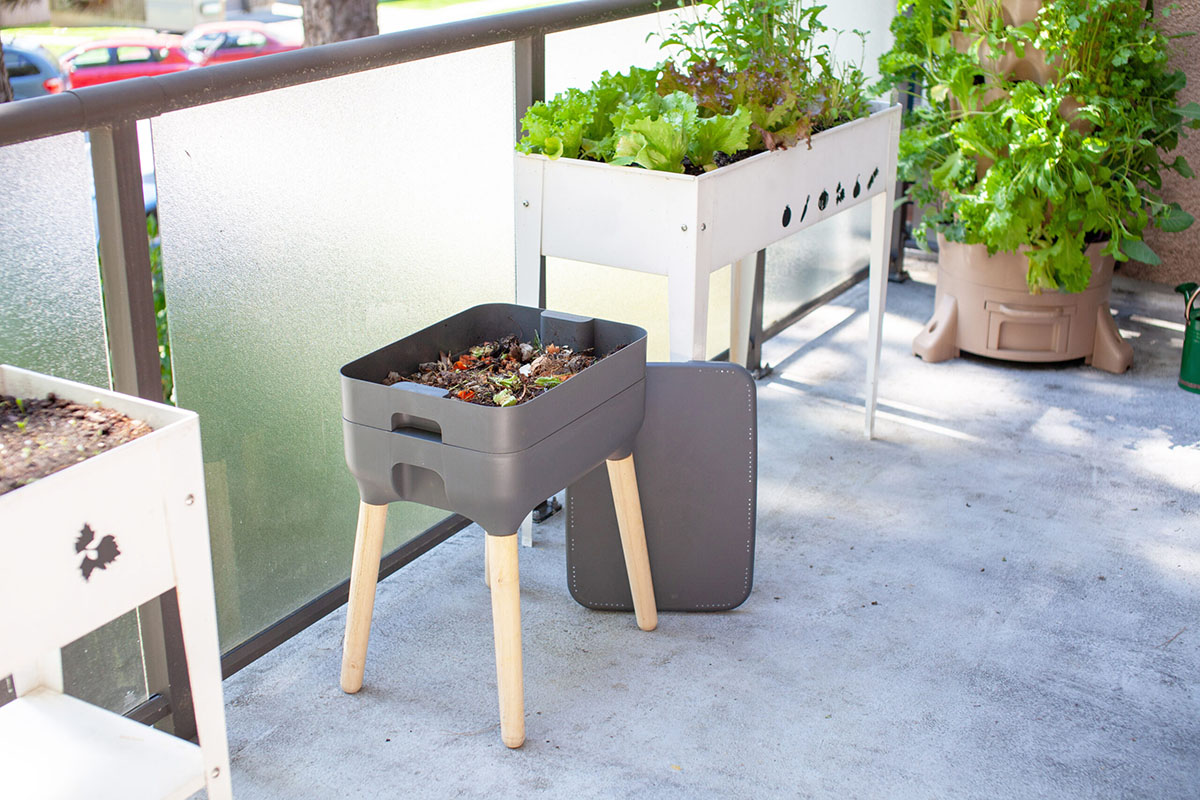

Eco-Friendly Products
How To Start A Compost Bin In An Apartment
Modified: August 27, 2024
Learn how to start a compost bin in your apartment and reduce waste with eco-friendly products. Discover easy steps to create a sustainable living environment.
(Many of the links in this article redirect to a specific reviewed product. Your purchase of these products through affiliate links helps to generate commission for Storables.com, at no extra cost. Learn more)
Introduction
Welcome to the world of composting! You might think that living in an apartment means you can't participate in the wonderful practice of composting, but I'm here to tell you that it's absolutely possible. Composting is not only an eco-friendly way to reduce waste, but it also allows you to create nutrient-rich soil for your indoor plants or balcony garden.
In this guide, we will explore the ins and outs of starting a compost bin in your apartment. We'll cover everything from choosing the right compost bin to troubleshooting common issues that may arise. By the end of this article, you'll be equipped with the knowledge and confidence to embark on your composting journey.
So, whether you're an urban dweller looking to reduce your environmental footprint or a plant enthusiast eager to nourish your green companions, this guide is for you. Let's dive into the world of apartment composting and discover how you can turn your kitchen scraps into black gold!
Key Takeaways:
- Apartment composting reduces waste, nurtures plants, and fosters community engagement, making it an eco-friendly and resourceful practice for apartment dwellers.
- By composting in your apartment, you’re actively reducing your environmental footprint, promoting plant health, and contributing to a more sustainable and environmentally conscious world.
Read more: How To Compost With A Bin
Benefits of Composting in an Apartment
Composting in an apartment setting offers a myriad of benefits, both for the environment and for your own living space. Let’s explore some of the key advantages:
- Waste Reduction: Composting allows you to divert organic waste from landfills, reducing the amount of trash generated by your household. This not only lessens the burden on municipal waste management systems but also minimizes the production of harmful greenhouse gases associated with organic waste decomposition in landfills.
- Rich Soil Production: By composting your kitchen scraps and organic materials, you can create nutrient-rich soil that can be used to nourish your houseplants, balcony garden, or community green spaces. This natural fertilizer enriches the soil with essential nutrients, promoting healthier plant growth and reducing the need for chemical-based alternatives.
- Cost Savings: Producing your own compost means you won’t have to purchase commercial fertilizers or soil amendments. This can lead to significant cost savings over time, especially if you’re an avid gardener or plant enthusiast.
- Environmental Impact: Apartment composting contributes to a more sustainable lifestyle by closing the loop on organic waste. By recycling food scraps and other organic materials, you’re actively participating in the circular economy and reducing the overall environmental impact of your household.
- Community Engagement: Engaging in composting can also foster a sense of community and environmental responsibility among your neighbors. You can share your knowledge and surplus compost with fellow apartment dwellers, sparking conversations about sustainability and eco-friendly practices.
These benefits highlight the positive impact that apartment composting can have on both a micro and macro scale. From minimizing waste to nurturing plant life, composting in an apartment setting is a rewarding and environmentally conscious endeavor.
Choosing the Right Compost Bin
When it comes to apartment composting, selecting the right compost bin is essential for success. Here are some key factors to consider when choosing the perfect composting system for your living space:
- Size and Space: As an apartment dweller, space is likely limited. Look for compact compost bins that can fit comfortably in your kitchen, balcony, or designated composting area. Consider the dimensions and capacity of the bin to ensure it aligns with your available space and composting needs.
- Odor Control: Opt for a compost bin with effective odor control features. Since your composting activities will be indoors or in close proximity to your living area, it’s crucial to minimize odors to maintain a pleasant living environment. Look for bins with secure lids, ventilation systems, and odor-neutralizing capabilities.
- Indoor vs. Outdoor: Determine whether you prefer an indoor or outdoor composting setup. Indoor compost bins are designed to manage food scraps and organic waste within your apartment, while outdoor options may be suitable for balconies or communal outdoor spaces. Consider your lifestyle and available outdoor areas when making this decision.
- Vermin Prevention: Choose a compost bin that minimizes the risk of attracting pests and vermin. Look for designs that feature secure latches, rodent-resistant materials, and elevated or enclosed structures to deter unwanted critters from accessing your compost.
- Aesthetics: Since your compost bin will be a visible part of your living space, consider the aesthetic appeal of the design. Many modern compost bins are available in sleek, minimalist designs that can complement your apartment’s decor while serving a practical purpose.
By carefully considering these factors, you can select a compost bin that seamlessly integrates into your apartment lifestyle while effectively managing organic waste. Whether you prioritize space efficiency, odor control, or visual harmony, there’s a compost bin out there to meet your specific needs.
Setting Up Your Compost Bin
Now that you’ve chosen the perfect compost bin for your apartment, it’s time to set it up for successful composting. Follow these steps to establish and optimize your composting system:
- Choose a Convenient Location: Select a suitable spot for your compost bin. If it’s an indoor bin, consider placing it in the kitchen or another convenient area. For outdoor bins on a balcony or patio, ensure it’s easily accessible for regular maintenance.
- Layering: Start by adding a layer of brown materials, such as shredded paper, dried leaves, or cardboard, to the bottom of the bin. This provides aeration and helps absorb excess moisture.
- Add Kitchen Scraps: Begin adding your kitchen scraps, including fruit and vegetable peels, coffee grounds, eggshells, and non-greasy food scraps. Avoid adding meat, dairy, oily foods, and pet waste, as these can attract pests and create odors.
- Balance with Green Materials: Layer the kitchen scraps with green materials, such as grass clippings or fresh plant trimmings. This helps balance the carbon-to-nitrogen ratio in the compost, facilitating the decomposition process.
- Aerate and Moisturize: Regularly aerate the compost by turning or mixing the materials with a composting tool. This promotes airflow and accelerates decomposition. Additionally, monitor the moisture levels and adjust as needed to maintain a damp, but not waterlogged, environment.
- Secure the Lid: Ensure that the compost bin’s lid is securely closed to prevent pests and minimize odors. Some bins may have built-in ventilation systems to further control airflow and odors.
By following these steps, you can establish a healthy and efficient composting environment within your apartment. With proper layering, aeration, and maintenance, your compost bin will transform organic waste into valuable compost that can nourish your plants and contribute to a more sustainable lifestyle.
You can start a compost bin in your apartment by using a small, airtight container to collect food scraps, such as fruit and vegetable peels, coffee grounds, and eggshells. Then, find a local composting facility or community garden that accepts food scraps for composting.
Maintaining Your Compost Bin
Proper maintenance is crucial for the success of your apartment compost bin. By implementing regular care and monitoring, you can ensure that your composting system remains healthy and productive. Here are essential maintenance practices to keep in mind:
- Regular Turning: Periodically turn or mix the contents of your compost bin to promote airflow and even decomposition. This helps prevent the formation of anaerobic pockets and encourages the breakdown of materials.
- Monitoring Moisture: Check the moisture levels within the compost bin. The ideal moisture content should resemble a damp sponge—neither too dry nor waterlogged. Adjust as needed by adding dry materials to absorb excess moisture or lightly watering the compost if it’s too dry.
- Balancing Materials: Maintain a balanced mix of green and brown materials in your compost. Green materials provide nitrogen, while brown materials offer carbon. Strive for a roughly equal ratio of these components to facilitate efficient decomposition.
- Odor Management: Keep an eye (or nose) out for any unusual odors emanating from the compost bin. Foul smells may indicate imbalanced materials, excessive moisture, or inadequate aeration. Address these issues promptly to maintain a pleasant living environment.
- Harvesting Compost: As the composting process progresses, you’ll notice the transformation of organic materials into dark, crumbly compost. When the compost is ready, you can harvest it for use in your plants or garden. Simply remove the finished compost from the bottom of the bin, leaving any unfinished materials to continue decomposing.
By incorporating these maintenance practices into your routine, you can ensure that your apartment compost bin remains productive and odor-free. Regular attention to turning, moisture levels, material balance, and odor control will contribute to the successful transformation of organic waste into nutrient-rich compost.
Read more: How To Manage A Compost Bin
Troubleshooting Common Issues
While apartment composting can be a rewarding endeavor, it’s not uncommon to encounter challenges along the way. Here are some common issues that may arise when maintaining a compost bin in an apartment setting, along with practical solutions to address them:
- Odor Problems: If your compost bin emits unpleasant odors, it may indicate an imbalance of materials, excessive moisture, or inadequate aeration. To remedy this, add dry brown materials, such as shredded paper or cardboard, to absorb excess moisture and neutralize odors. Ensure proper aeration by turning the compost regularly to promote airflow.
- Pest Infestation: Insects or pests may be attracted to your compost bin, especially if it contains food scraps or has inadequate pest prevention measures. To deter pests, ensure that your compost bin has a secure lid and consider incorporating pest-resistant design features. Avoid adding meat, dairy, oily foods, and pet waste, which can attract unwanted critters.
- Slow Decomposition: If your composting process seems sluggish, it may be due to an imbalanced mix of green and brown materials, insufficient aeration, or extreme moisture levels. Adjust the compost by adding a balanced mix of green and brown materials, increasing aeration through regular turning, and monitoring and adjusting the moisture content as needed.
- Foul Smells: Unpleasant odors can result from anaerobic conditions within the compost bin. To combat foul smells, increase aeration by turning the compost and introduce dry, absorbent materials to improve airflow and neutralize odors.
- Excessive Moisture: If your compost bin becomes overly wet, add dry brown materials to absorb the excess moisture and improve aeration. Additionally, ensure that the compost bin’s lid is secure to prevent rainwater from entering and contributing to excessive dampness.
By addressing these common issues with targeted solutions, you can overcome challenges and maintain a healthy, productive composting system in your apartment. With a proactive approach to troubleshooting, you can enjoy the benefits of apartment composting while minimizing potential setbacks.
Using Your Compost in an Apartment Setting
Once your compost has matured into nutrient-rich, dark soil, it’s time to reap the rewards of your composting efforts. Here are several ways to utilize your compost within an apartment setting:
- Indoor Plant Nourishment: Use your compost to enrich the soil of your indoor plants. Mix the compost with potting soil to create a nutrient-dense blend that provides essential minerals and promotes healthy plant growth. Your houseplants will thrive with the added organic nourishment.
- Balcony or Patio Gardening: If you have a balcony or patio space, utilize the compost to support container gardening. Incorporate the compost into your planters or raised beds to enhance the soil quality and provide vital nutrients for your balcony garden. This natural fertilizer can contribute to bountiful harvests of herbs, vegetables, or flowers.
- Community Contributions: Consider sharing your surplus compost with neighbors or community gardens. By offering your nutrient-rich compost to fellow apartment dwellers or local green spaces, you can support community gardening initiatives and foster a sense of environmental stewardship among your neighbors.
- Soil Amendment for Houseplants: Top-dress the soil of your houseplants with a thin layer of compost to provide ongoing nourishment. This method can help replenish essential nutrients and enhance the overall health and vitality of your indoor greenery.
- Seed Starting Mix: Create a seed starting mix by blending compost with potting soil to kickstart the growth of seeds and seedlings. The nutrient-rich composition of the compost can provide an ideal environment for germination and early plant development.
By incorporating your compost into various aspects of apartment living, you can maximize its benefits and contribute to a more sustainable and thriving indoor environment. Whether nurturing houseplants, supporting balcony gardening, or engaging with your local community, your compost can play a valuable role in enhancing your apartment living experience.
Conclusion
Congratulations on embarking on your apartment composting journey! By choosing to compost in your apartment, you’ve taken a significant step toward reducing waste, nurturing plant life, and contributing to a more sustainable lifestyle. As you continue to engage in apartment composting, remember the following key takeaways:
- Environmental Impact: Apartment composting offers a tangible way to reduce your environmental footprint by diverting organic waste from landfills and closing the loop on the natural cycle of decomposition.
- Resourceful Practices: By converting kitchen scraps and organic materials into nutrient-rich compost, you’re practicing resourcefulness and actively participating in the circular economy within your apartment setting.
- Community Engagement: Apartment composting can inspire conversations about sustainability and eco-friendly practices within your community, fostering a sense of shared responsibility and environmental awareness among your neighbors.
- Plant Nourishment: The compost you produce can enrich the soil of your indoor plants, balcony garden, or community green spaces, promoting healthier plant growth and reducing the need for chemical-based fertilizers.
As you maintain and utilize your compost bin, remember that apartment composting is a dynamic and rewarding practice that empowers you to transform organic waste into a valuable resource. Embrace the process of troubleshooting common issues, experimenting with compost utilization, and sharing your knowledge with others in your apartment community.
By integrating composting into your apartment lifestyle, you’re not only enhancing the health and vitality of your living space but also contributing to a more sustainable and environmentally conscious world. Your commitment to apartment composting serves as a testament to the positive impact that individuals can have on the planet, one compost bin at a time.
So, as you tend to your compost bin and witness the transformative power of organic decomposition, remember that you’re playing a vital role in nurturing the planet and fostering a greener, more sustainable future for generations to come.
Frequently Asked Questions about How To Start A Compost Bin In An Apartment
Was this page helpful?
At Storables.com, we guarantee accurate and reliable information. Our content, validated by Expert Board Contributors, is crafted following stringent Editorial Policies. We're committed to providing you with well-researched, expert-backed insights for all your informational needs.
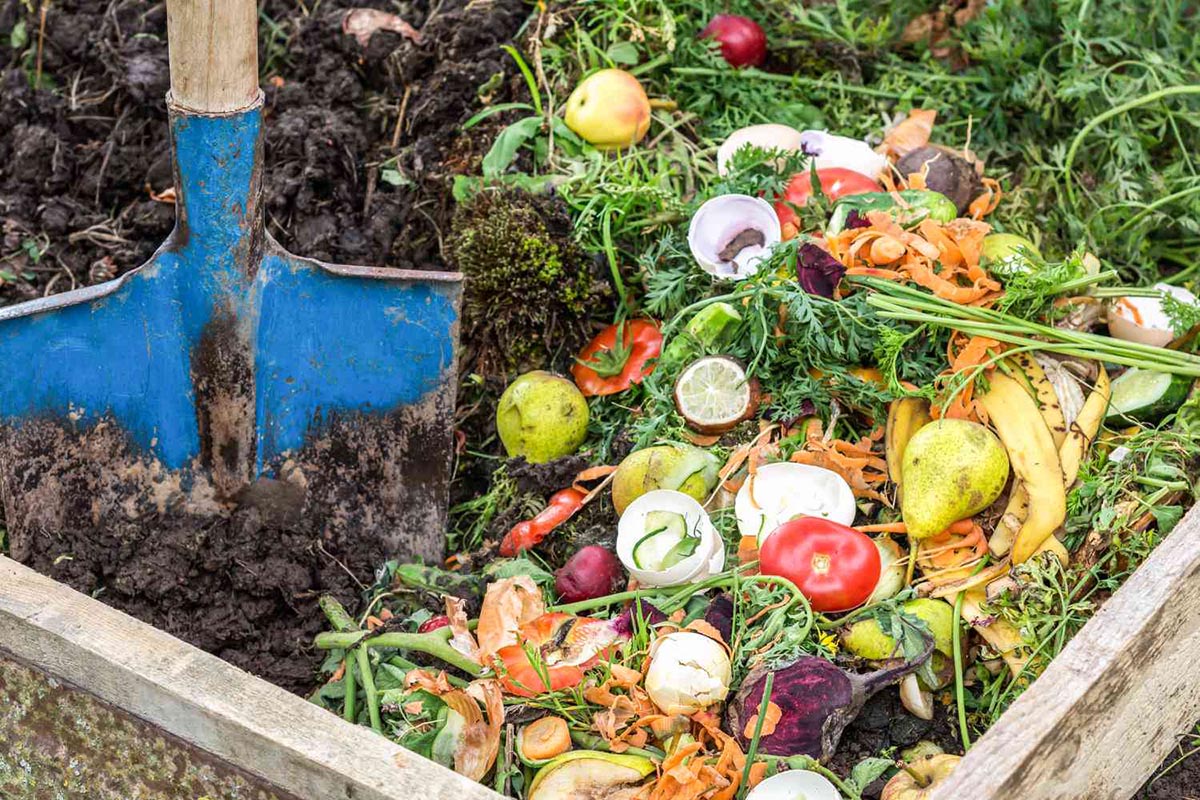
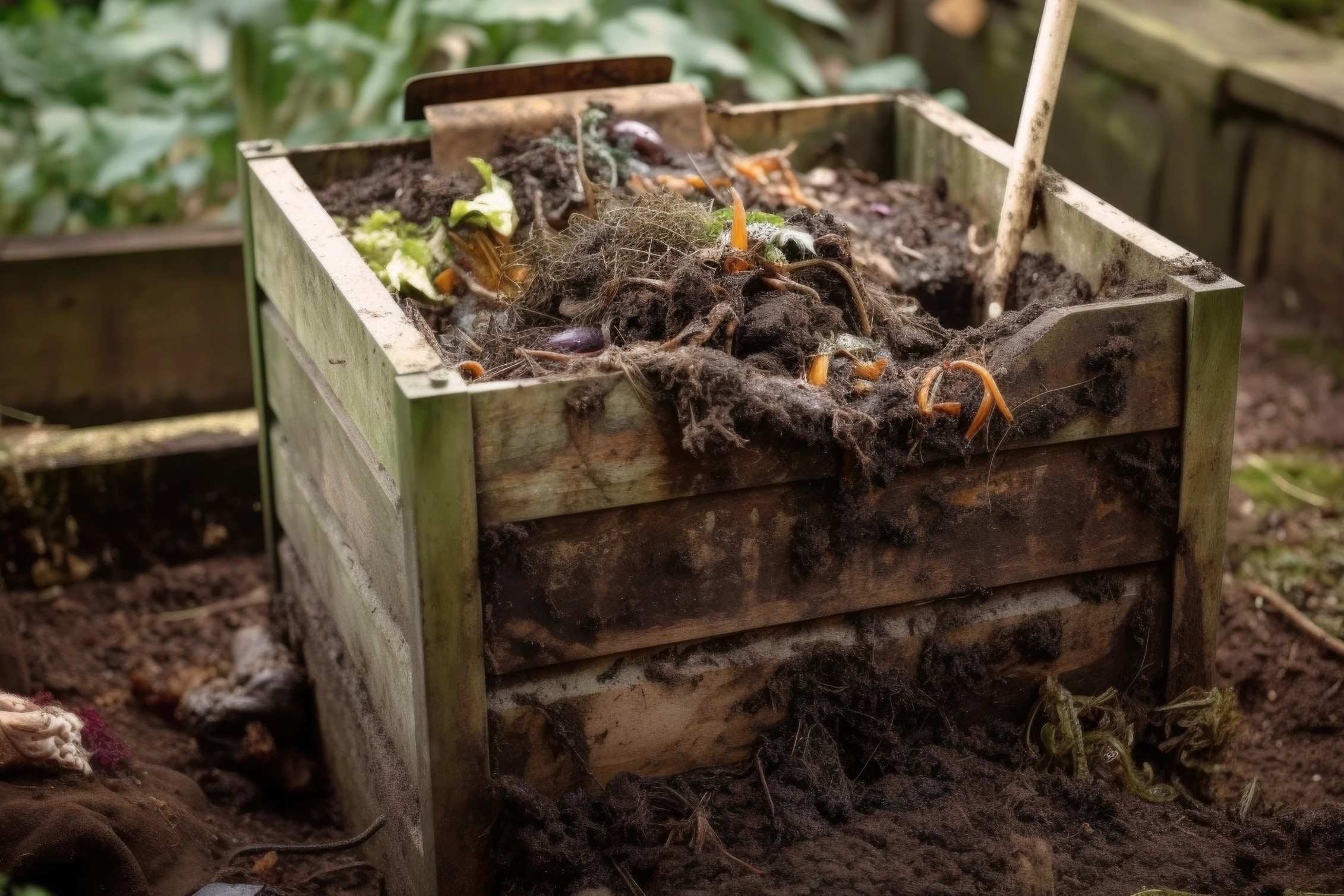
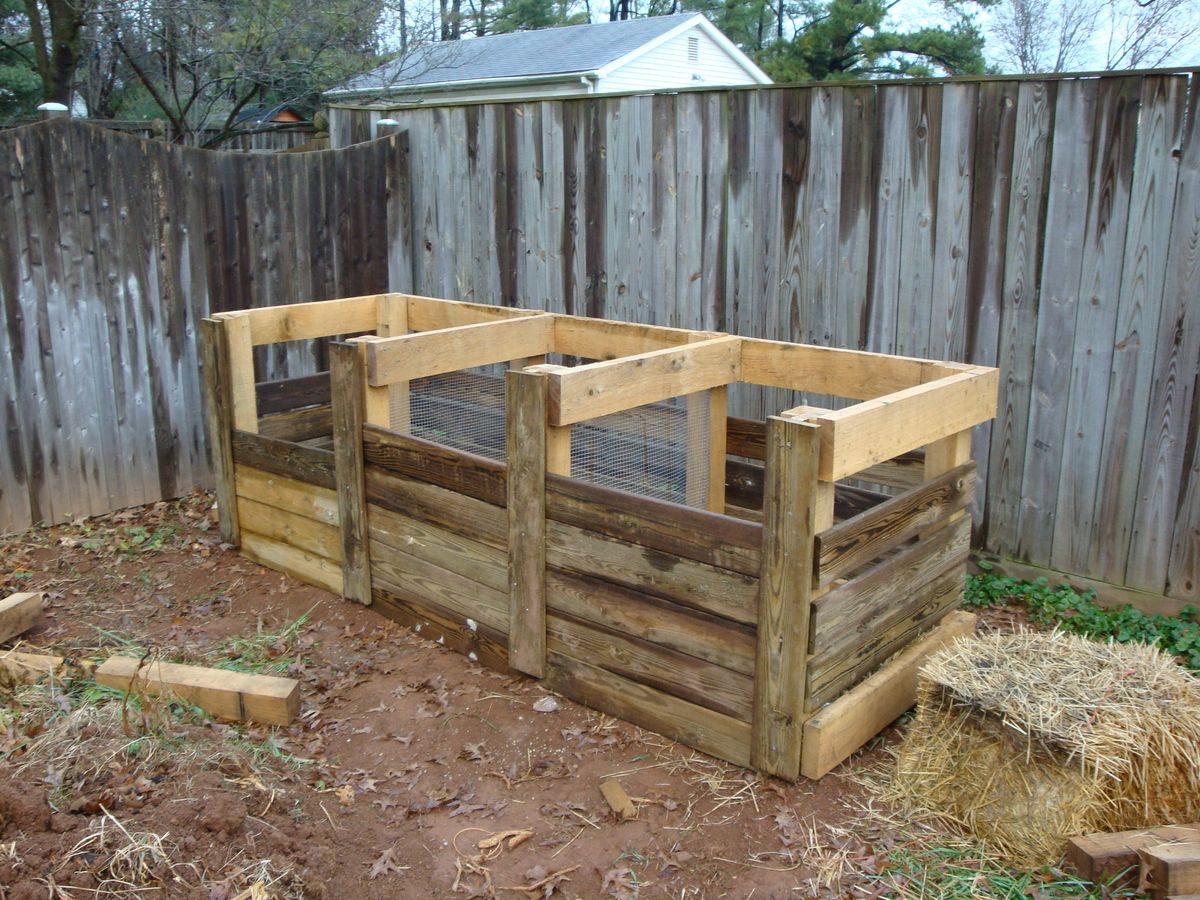
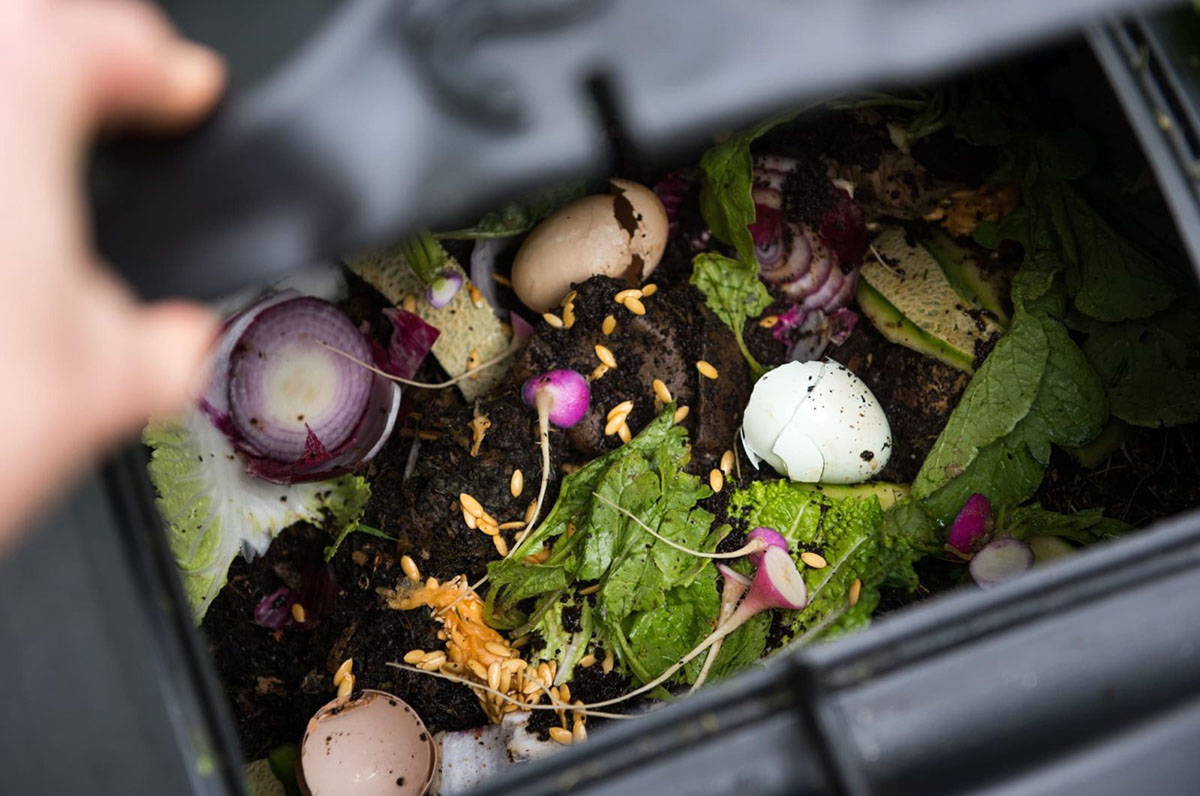
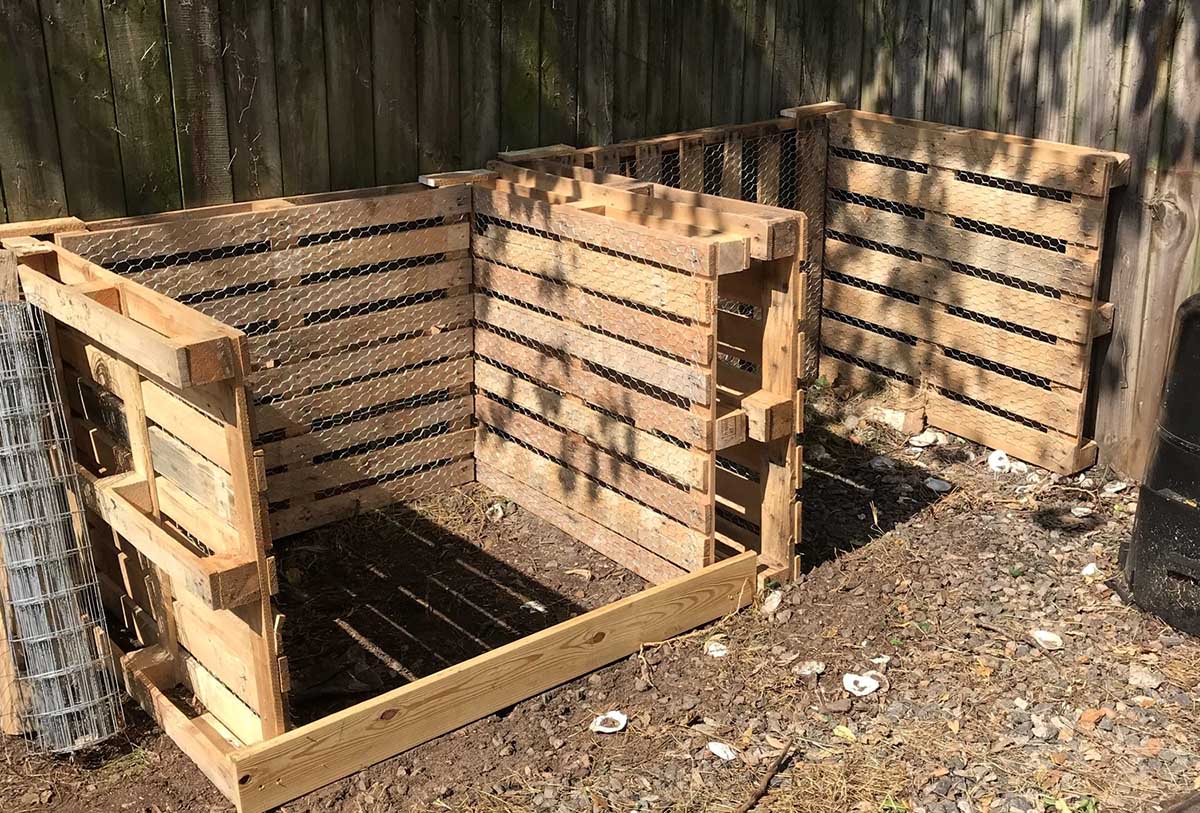
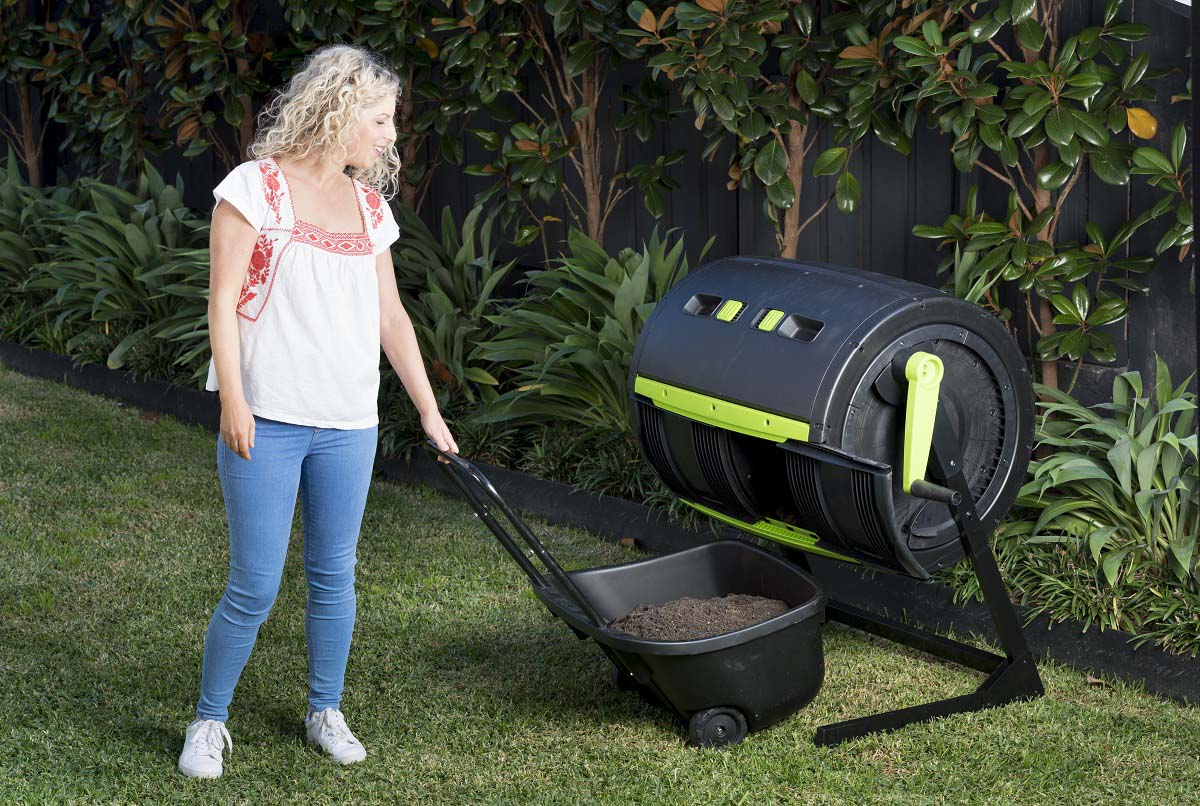
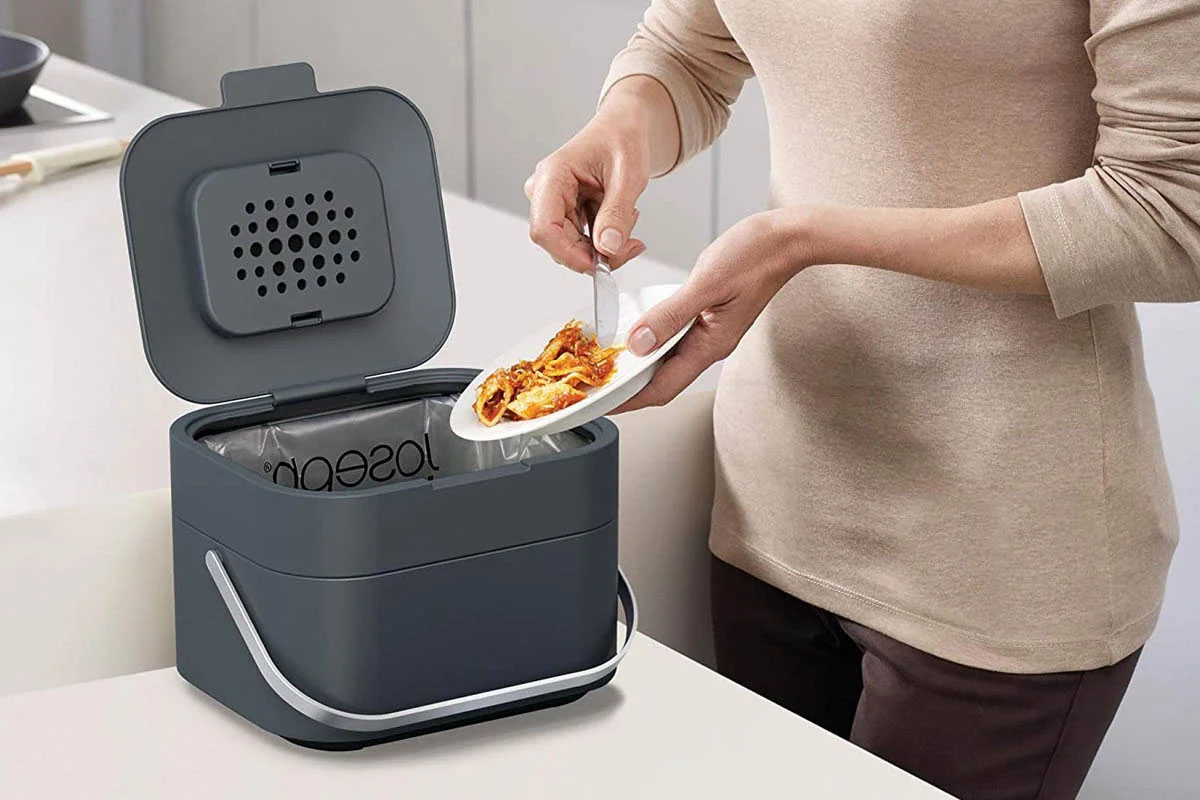
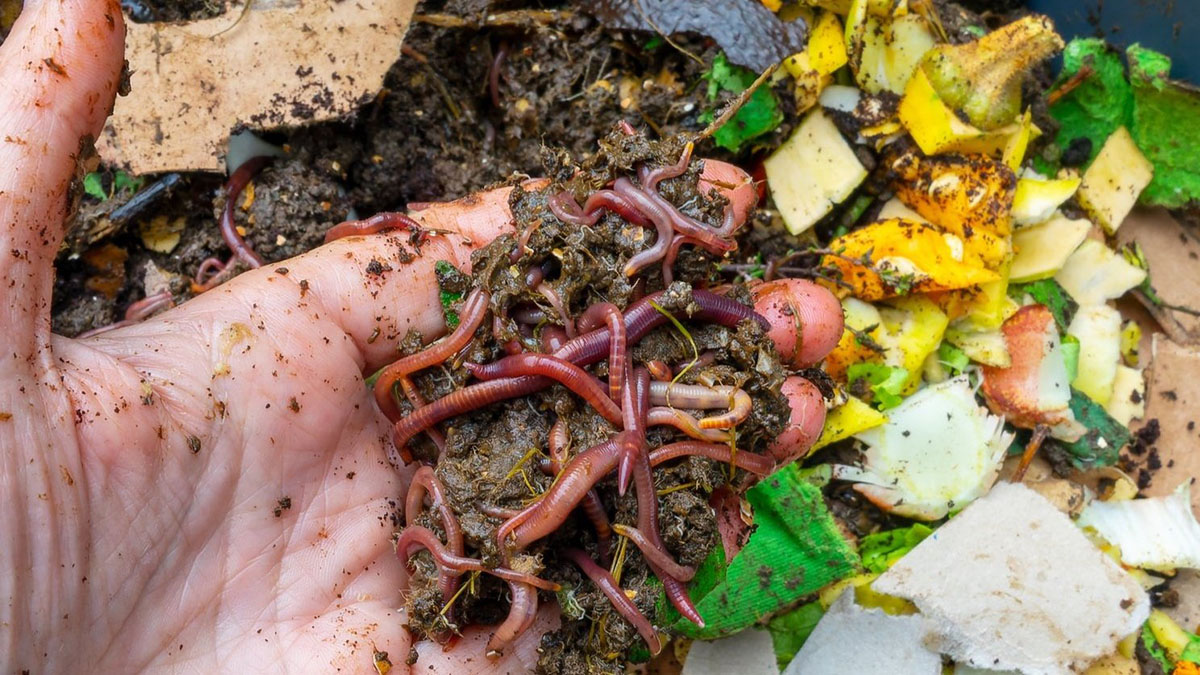
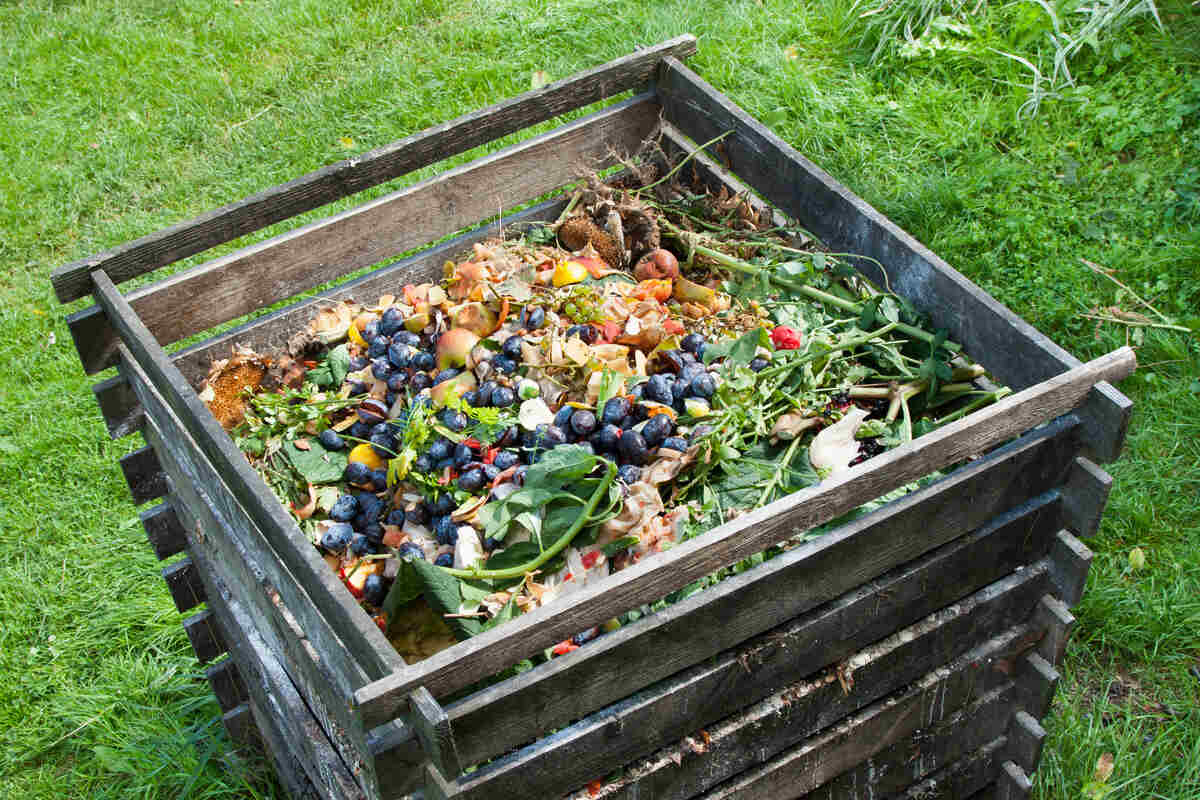
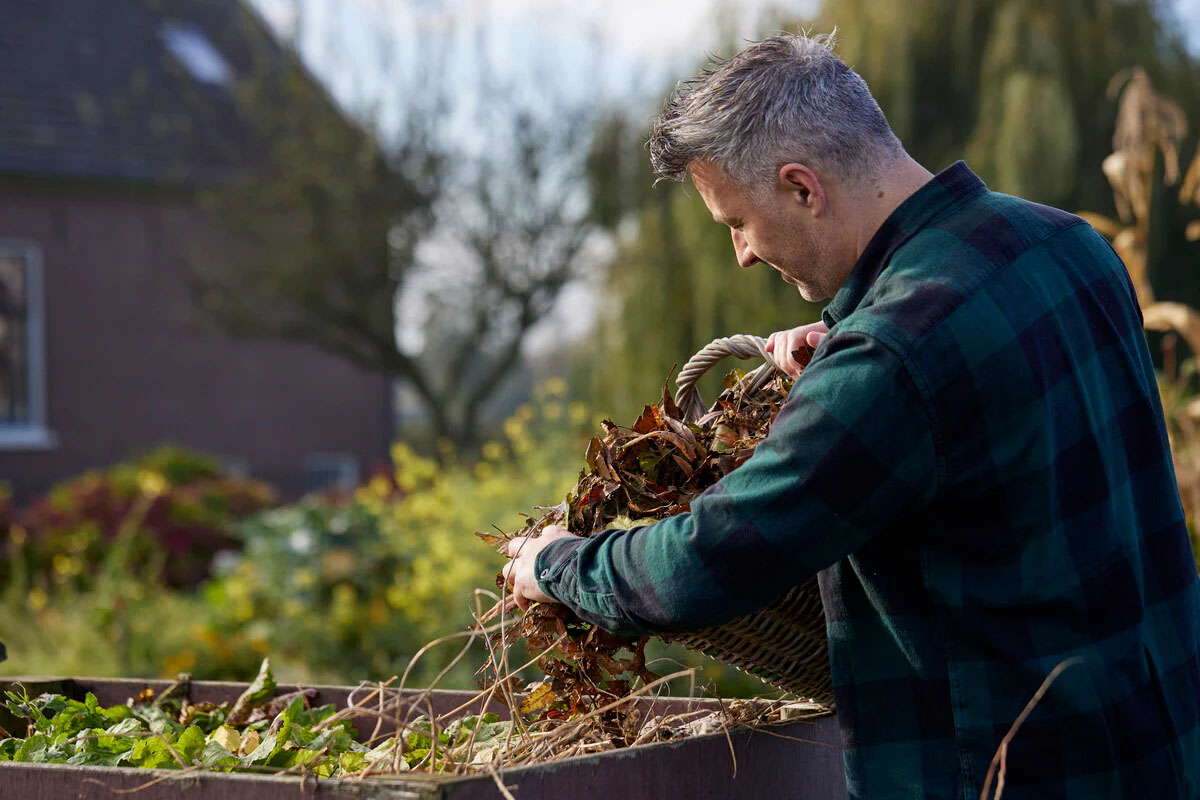
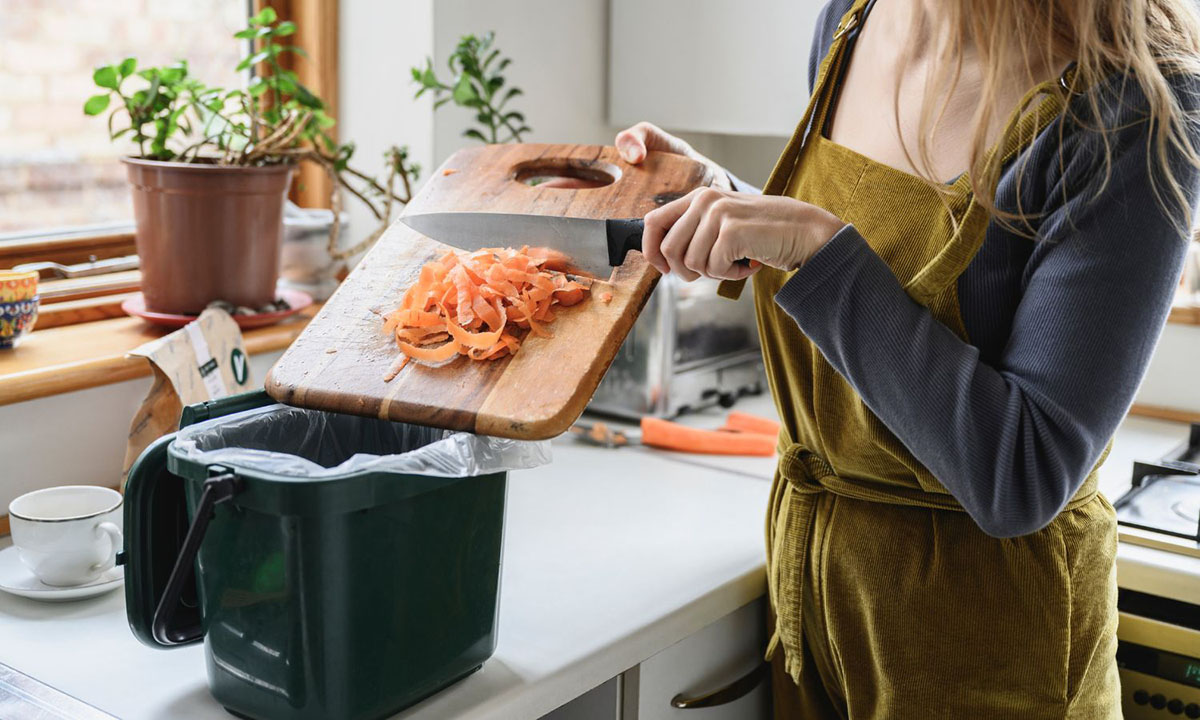
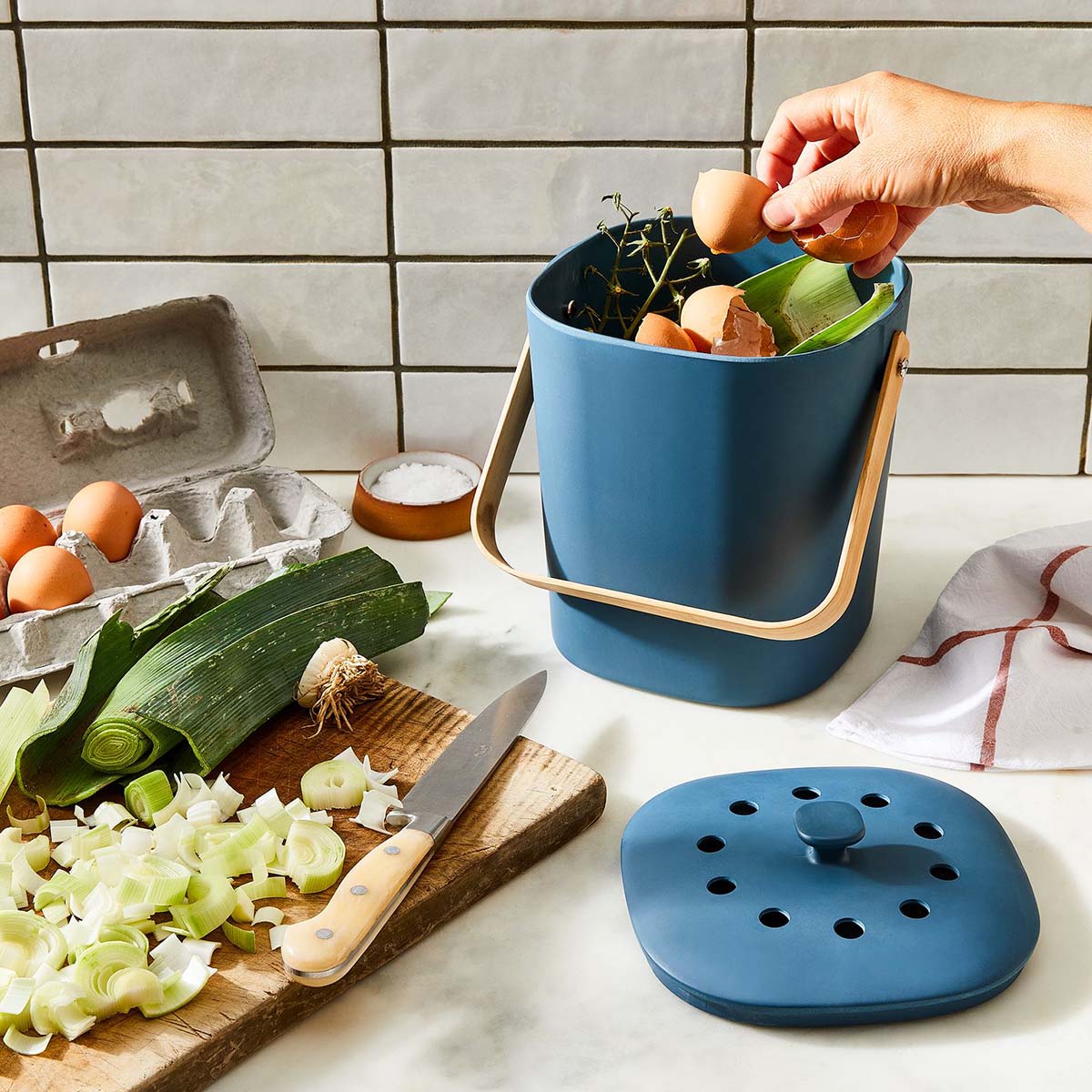
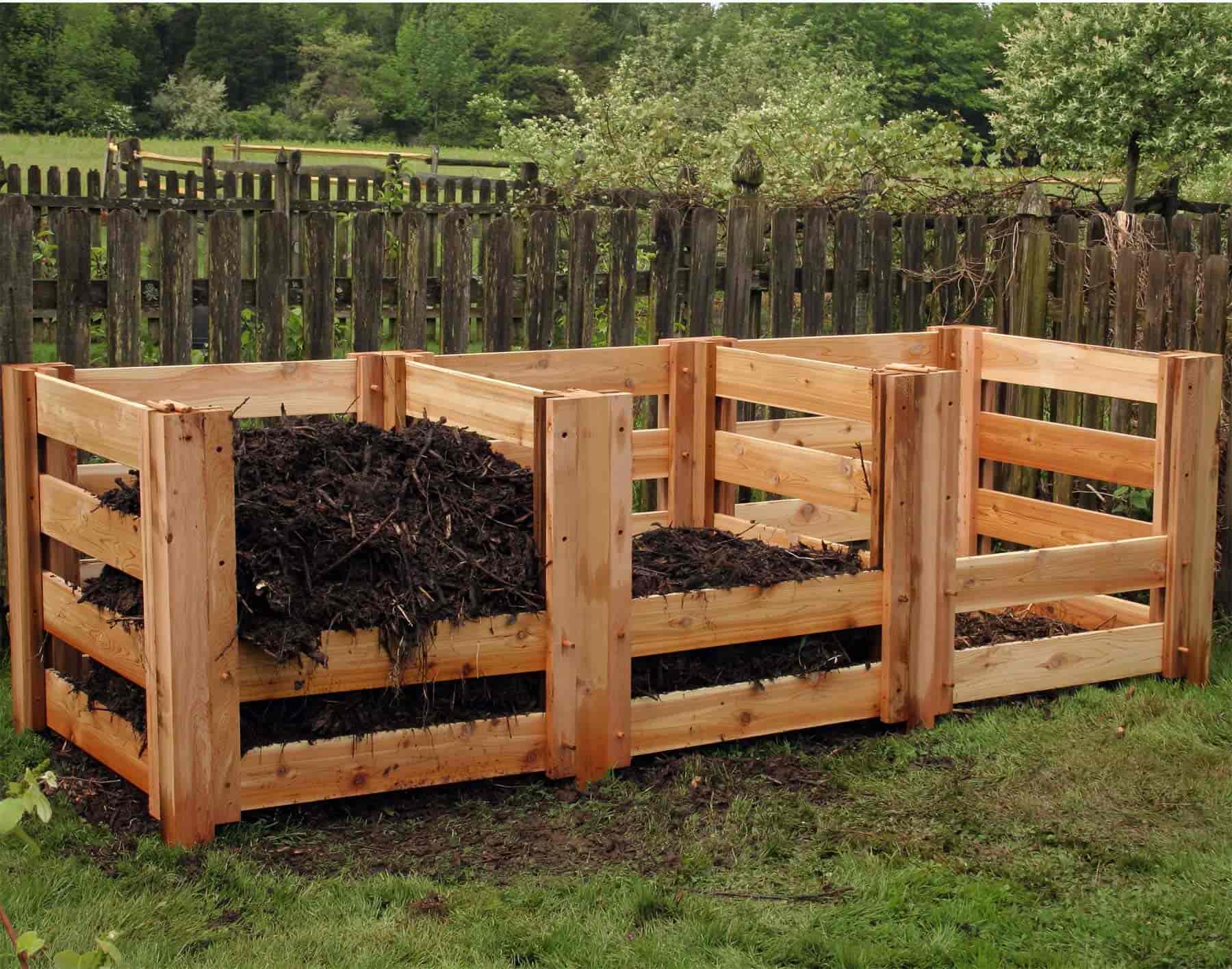
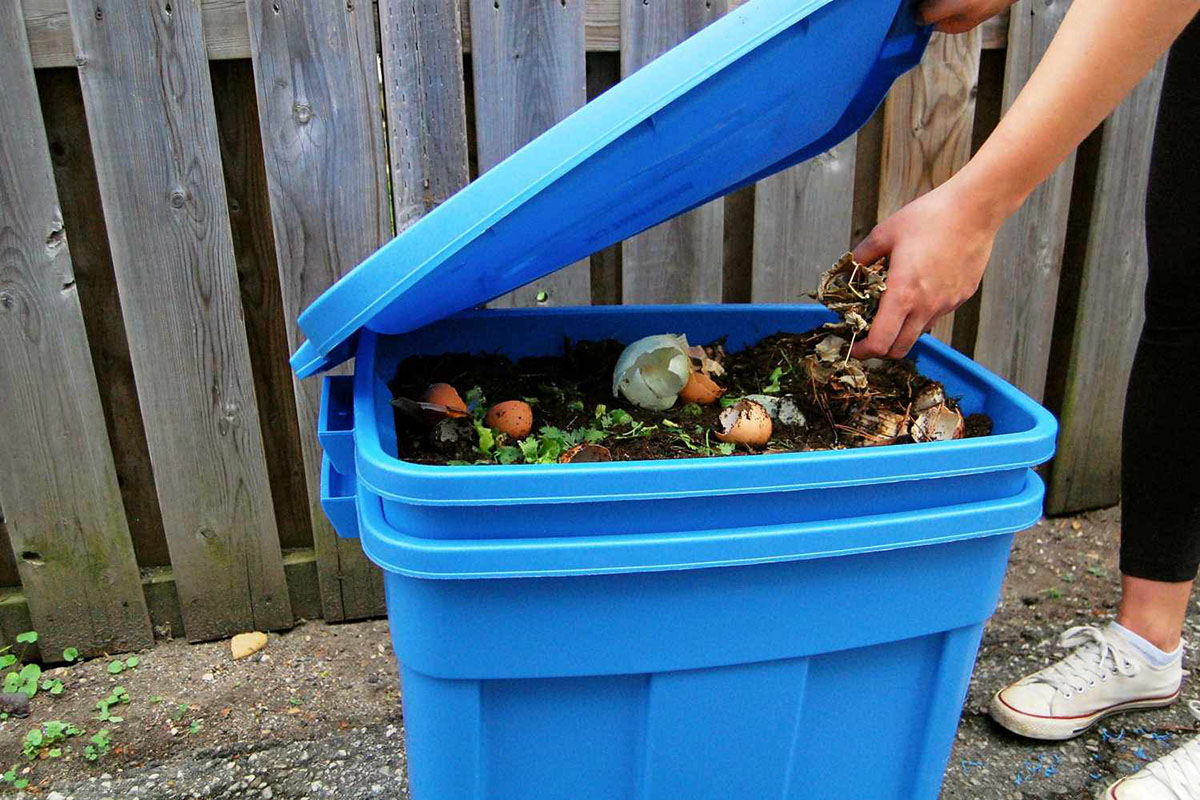

0 thoughts on “How To Start A Compost Bin In An Apartment”